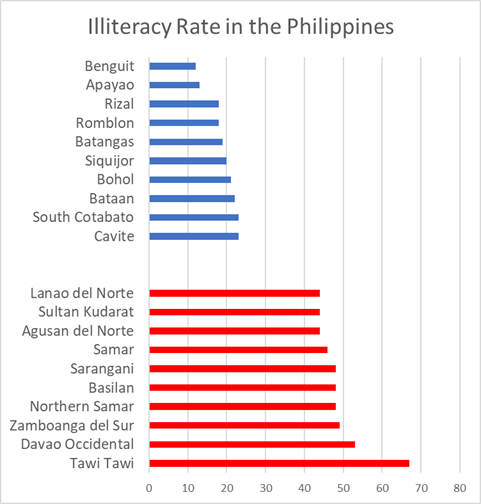 I.
Introduction: The Power of Education to Liberate the Mind
I.
Introduction: The Power of Education to Liberate the Mind
Education, when true to its purpose, does more than transfer knowledge—it liberates societies. It empowers individuals to think critically, recognize manipulation, and participate meaningfully in public life. However, in the Philippines, education has increasingly been shaped not to enlighten, but to control. Instead of serving as the great equalizer, it has become a carefully managed system of inequality.
In this section, we explore the foundational premise: the Philippine education system is not failing by accident—it might be deliberately restrained to preserve power structures.
Key Points:
Education should:
- Cultivate independent, critical, and moral thinkers
- Encourage civic engagement and social responsibility
- Serve as a foundation for justice, equity, and national progress
This may not be totally true in the Philippines:
- Education maybe is shaped by forces that benefit from public ignorance
- The system’s decay is tied to who controls leadership, curriculum, and low funding
- The result is a miseducated citizenry which become more easily manipulated by powerholders
Thesis of the report:
- Political interference (both direct and indirect), corrupt governance, and policy manipulation may have strategically weakened the educational sector.
II-A. Levels of Education: Promotion Without Mastery, Honors Without Rigor, Licensure Without Competence
The Philippine education system is organized into levels—from basic to postgraduate education, including technical-vocational tracks. Formal education often is culminated with new graduates submitting themselves to professional licensure examination. On paper, the structure is comprehensive. In practice, however, each level has been overtaken by shallow metrics and probably weak standards. Academic excellence has been compromised by a culture of quantity over quality. Graduates are prepared for them to pass the licensure exams and not necessarily their capacity to teach and teach effectively. This section will try to show how the system rewards appearance over substance, producing a cycle where students are advanced, honored, and even licensed—despite glaring gaps in knowledge and competence.
Key Points:
❖ Education Structure:
- Basic Education: K–12 (Kindergarten to Grade 12)
- Tertiary Education: Bachelor's degree programs
- Graduate/Postgraduate: Master’s and doctoral programs
- Technical-Vocational Education: TESDA and similar certifications
- Licensure: Professional Regulation Commission (PRC) exams
❖ Core Failures by Level:
- Basic Education:
- Mass promotion policies pass students regardless of competence. This is attributed to internal policies that punishes teachers who retains students for not attaining minimum competencies. With mass promotion happening from the lowest level, the degree of incompetence progresses as the child moves from one level to the next.
- Honor titles are granted widely, even when foundational skills are lacking. Some honor graduates can hardly pass entrance examinations to key courses in college. Some cannot even respond properly to interviews.
- Tertiary & Graduate Levels:
- Many HEIs especially SUCs are discouraged to reject college level applicants. Those not accepted in SUCs transfers to other HEIs that are profit oriented. Here many of the unqualified have higher chances of passing the tertiary level and take the licensure exam.
- Many HEIs prioritize output (e.g., graduation rate) over learning quality.
- With proliferation of HEIs offering graduate and post graduate degrees (some are fly by night institutions), a number of poorly qualified students pass and receives advance degrees allowing them to be prompted to higher levels in their respective organizations.
- Advance degree students often access academic prostitutes to write for them their terminal requirements such as their theses and dissertation which supposed to test their critical thinking abilities, advance the state of knowledge/information and technology in their respective fields.
- Postgraduate degrees are acquired not to be active in research but to qualify leadership positions, regardless of depth. With fly-by-night schools, they get their degrees, some of them become heads/leaders/executives.
- The HEIs are mandated to adopt the outcome-based education but is rarely practiced. HEIs adopts the basic education strategies, they become just an extension of Basic Education, perhaps because the students are still not prepared for higher education levels.
- Licensure Exams
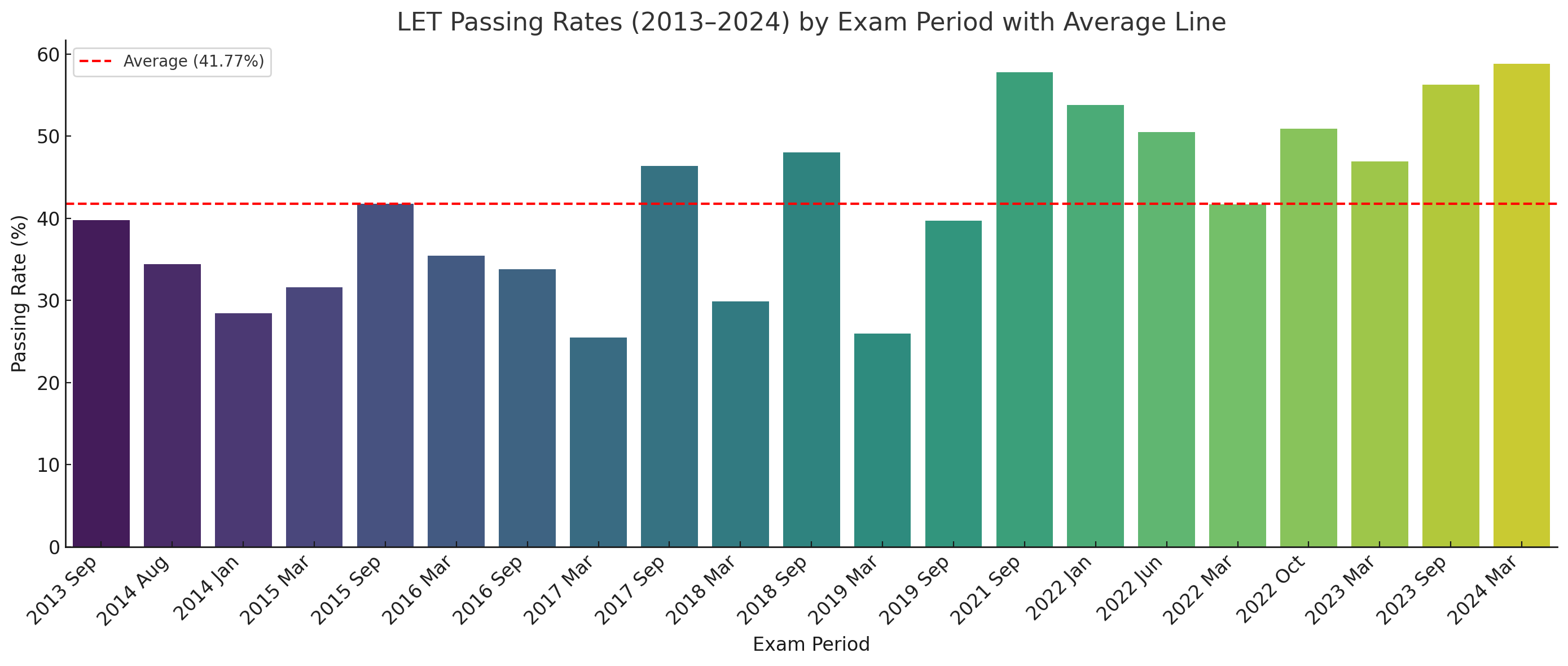
- Exams focus on memorization, less focused on critical thinking or real-world application. There is also a mismatch of questions to the expertise or majors of the exam takers. This reduces the chances of specialized degree holders from passing the exams. Specialized topics are handled by non-qualified teachers, like PE classes handled by Physics majors.
- Review centers promote rote learning; universities shift focus from lifelong competence to exam passing. Students even thank more the review centers than the school itself. Revier centers for them have helped them passed the exam more than the HEI.
- There were sharing from former examiners and review centers teachers that the licensure examinations are based on quota system. If this is true, there is a high possibility that underqualified candidates can successfully pas the licensure exams.
❖ Systemic Implications:
- Learners:
- Are promoted without mastery, due to internal policy such as "no child left behind"
- Receive honors without true academic excellence due to faulty grading systems.
- Are licensed without being fully prepared for actual professional work.
- Educational institutions:
- Celebrate surface-level achievements like licensure exam passing rates or board placers over genuine professional competencies
- Society and the Industry:
- Ends up with professionals and leaders lacking the skills needed for national development
- There is a high mismatch between the industry need and the competence of the graduates.
II-B. The Power Behind the Blackboard: Who Really Controls Philippine Education?
The decline in educational quality is not simply the result of poor teaching or weak students. It stems from who controls the system—the institutions, policies, budgets, and leadership appointments that shape education. While education governance appears organized, it is deeply entangled with political interests, patronage, and control. This section examines how political interference in education governance—especially in State Universities and Colleges (SUCs)—results in weak leadership, compromised institutional integrity, and lost opportunities for reform.
Key Points:
❖ Main Institutions Involved in Education Governance:
- DepEd – Governs K–12 education; highly susceptible to local political influence.
- CHED – Regulates higher education; lacks strong enforcement mechanisms.
- TESDA – Manages vocational programs; constrained by limited resources.
- PRC – Conducts licensure exams; criticized for outdated, memory-based assessments.
- SUCs – Supposed regional development hubs; governed by politicized Boards of Regents (BOR)/Trustees (BOT).
❖ Politicization of SUCs:
- SUC boards include representatives from Congress and Senate—often delegated to local politicians.
- Politicians influence:
- Budget approvals or allocations/insertions in congress levels
- Leadership appointments (especially HEI heads)
- Confirmation of academic and administrative promotions
- Common tactics include:
- Influence peddling
- Coercion and pressure
- Use of money or other forms of incentives/favors to sway board votes
❖ Impact of Political Control:
- Weak institutional governance and internal disunity
- Loss of academic voice in policy discussions
- Leaders remain silent or compliant to protect institutional budgets
- Education is subordinated to political convenience
III. How Political Power Infects Education
In theory, education should develop minds that participate in democracy and resist corruption. In practice, it has become a tool of political survival. Politicians use education to gain votes, control appointments, and command loyalty—not to elevate the nation. This section explains how education has been systematically weaponized—with budgets, appointments, and laws manipulated to serve the interests of power rather than the needs of the people. The figure shows the budget allocation for education sector. As per Philippine Constitution, the academic sector should receive the largest government funds, this rarely happens.
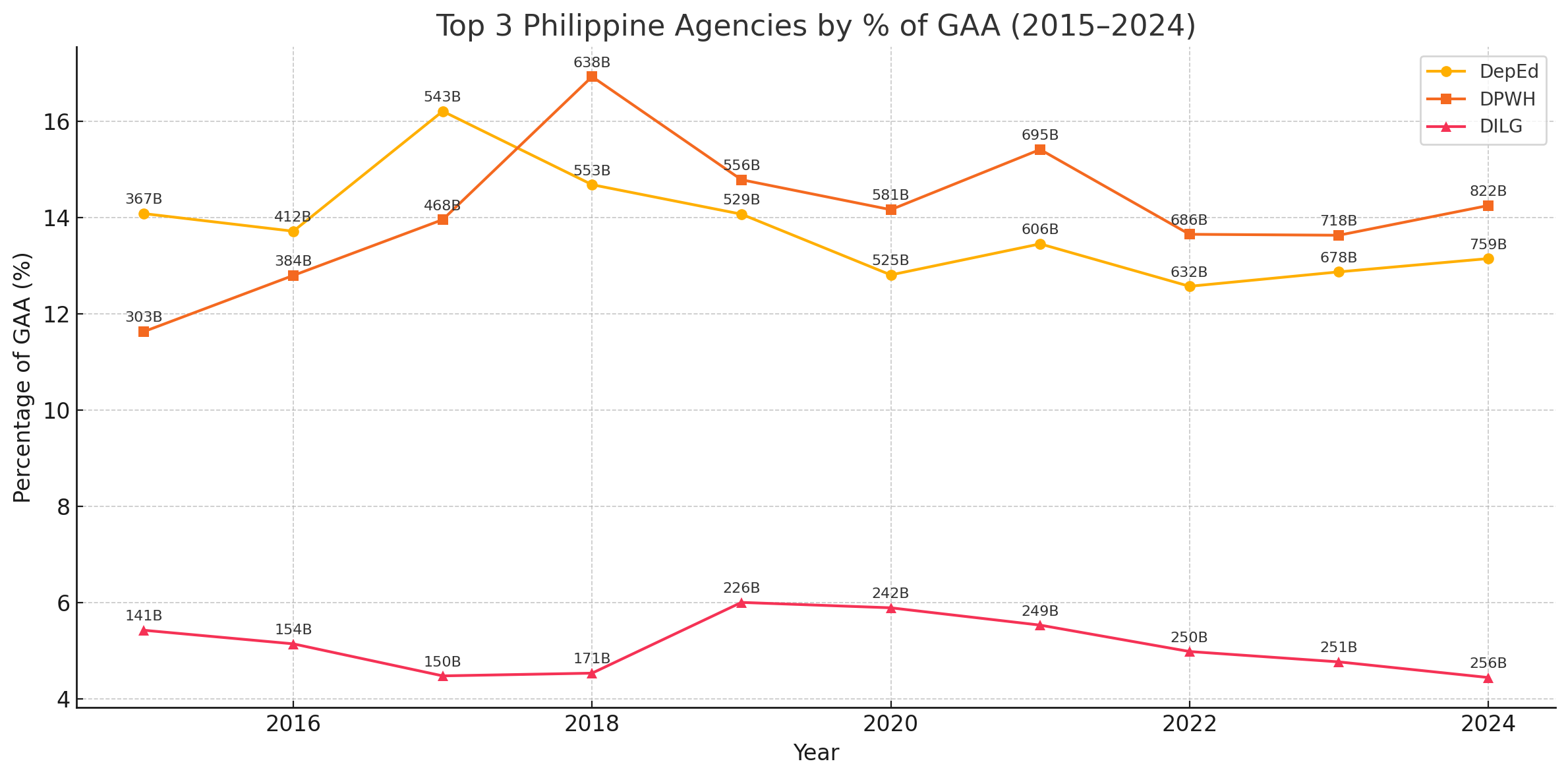
Key Points:
❖ Political Interference in Appointments:
- School principals, division heads, and SUC presidents are often selected based on political ties—not merit or vision.
- Reformist or competent candidates are often excluded in favor of loyalists.
❖ Budget Manipulation:
- The Constitution mandates education as a budgetary priority—but this is only observed in name:
- Education budgets are barely higher than others (e.g., public works, defense)
- Strategic project proposals from schools are overridden by inserted infrastructure projects benefiting politicians
- Kickbacks from such insertions reportedly reach 40–60%, per credible sources.
❖ Power of the Purse as Coercion:
- SUCs and schools that defy political wishes often face:
- Budget delays or cuts
- Cancelled infrastructure or program funding
- Even curriculum reforms, promotions, or capacity-building initiatives can be politicized
❖ Weak and Misaligned Legislation:
- Many education laws are passed:
- Without much consultation from academic experts, and the educational sectors.
- Based on political objectives (e.g., converting colleges into SUCs for prestige)
- With provisions that serve personal, not national, interests
❖ Suppression of Dissent:
- Teachers and administrators fear reassignment, administrative cases, or budget sanctions
- Faculty avoid political commentary or criticism
- Academic freedom is stifled—not by law, but by a climate of fear
❖ Summary Outcome:
- Education sector becomes complicit in the status quo
- Instead of challenging inequality, it helps reinforce it
- Reform becomes near impossible in an environment ruled by political self-interest
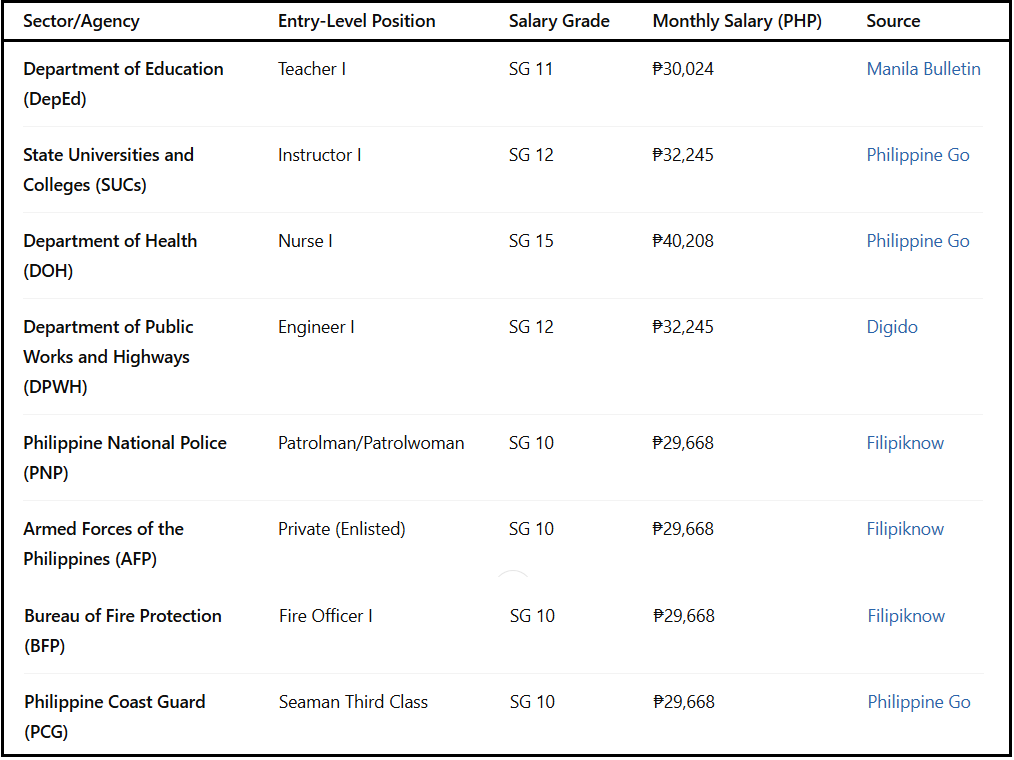
IV. The Human Cost: Overworked, Underpaid, and Silenced Educators
Beyond the policy failures and politicized leadership, the most visible burden of the deteriorating education system falls on its educators. Teachers and faculty members are expected to meet impossible demands under unjust conditions. Higher education instructors juggle heavy teaching loads with research, extension, and paperwork. Basic education teachers, while not tasked with research, are overloaded with non-teaching assignments, often at their own expense. This section reveals how educators—who should be the backbone of reform—are systematically overworked, underpaid, and silenced.
Key Points:
❖ Overwork Across All Levels:
- In Higher Education Institutions (HEIs):
- Expected to teach 18–24 units per term
- Required to publish research, conduct extension, complete administrative reports, participate in many other activities.
- Forced to compensate for weak basic education by reteaching foundational skills
- In Basic Education (DepEd):
- Burdened with non-teaching tasks (feeding programs, events, paperwork)
- Often use personal funds to support classroom needs
- Sacrifice personal and family time for school requirements
❖ Underpaid and Economically Marginalized:
- Salaries are inadequate, especially in rural areas
- Incentives for research, innovation, or leadership are limited
- Meanwhile, appointed officials and bureaucrats enjoy higher benefits with fewer responsibilities
❖ Bottom-Heavy Accountability:
- Rank-and-file teachers face strict performance evaluation (e.g., IPCR, ISO metrics)
- Research and extension outputs are demanded without proper funding or support
- Underqualified top-level administrators are rarely held accountable for failures
❖ Silenced Through Fear:
- Faculty and staff avoid criticizing leadership for fear of:
- Retaliation
- Job insecurity
- Delayed promotions or withheld funding
- Academic freedom exists in theory, but is often suppressed in practice
V. Global and Local Indicators, the Decline of Philippine Educational Sector and its Impact
The failure of the Philippine education system is not only evident domestically—it is also reflected on the global stage. In respected rankings such as QS (see figure) and Times Higher Education (THE), Philippine universities consistently trail behind regional peers. And rather than confronting these shortcomings, institutions sometimes turn to alternative, lower-tier rankings to project success. This section exposes how global irrelevance is a direct consequence of local dysfunction—politicized governance, weak research support, and unqualified leadership.
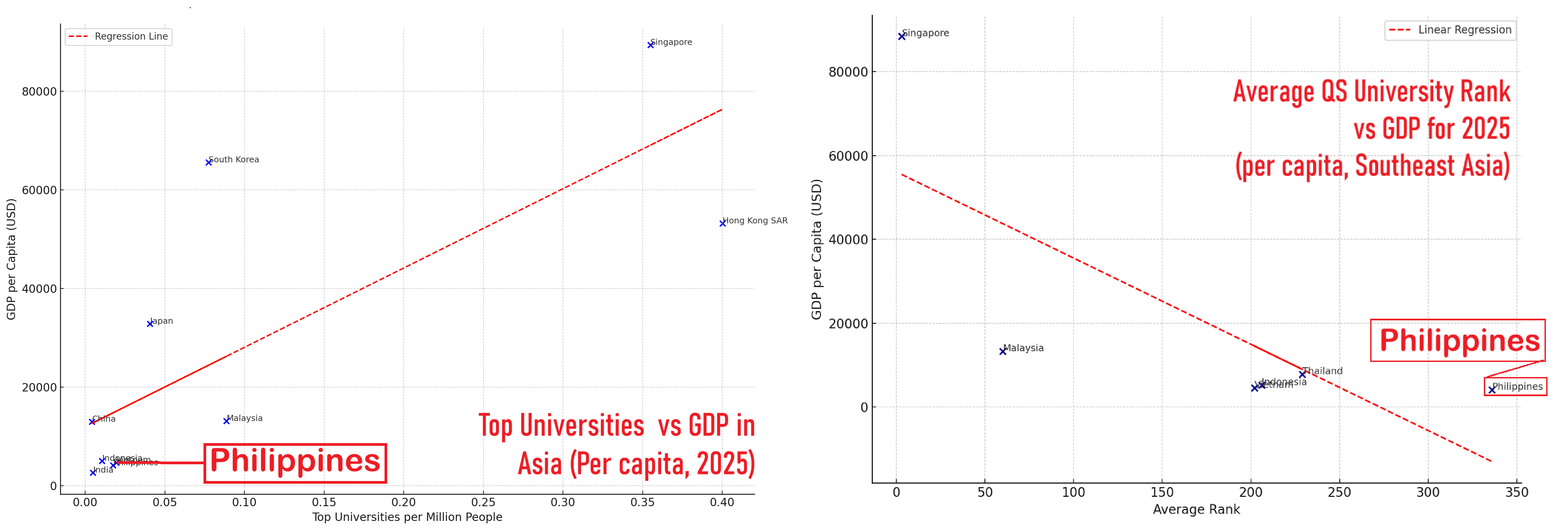
Key Points:
❖ Poor Global Performance:
- Philippine HEIs regularly fall behind ASEAN neighbors like Malaysia, Vietnam, and Thailand
- Few enter the global top 1000 in major university rankings
- Indicators such as research output, citations, and innovation remain weak
❖ False Confidence from Low-Tier Rankings:
- Some schools' shifts focus to lesser-known ranking systems with:
- Lower benchmarks/categories
- Limited participation
- Less rigorous evaluation
- These are used in publicity materials but do not reflect real academic strength
❖ Why Philippine HEIs Struggle Globally:
- Governance is bureaucratic, politicized, and outdated
- Some members of the Boards are elected with political influence and has little academic foresight
- Faculty are expected to perform world-class duties without sufficient time or resources
- Leadership positions are filled based on influence rather than academic excellence
- Budget allocations rarely support research and international collaboration.
❖ Broader Implications in Higher Education Productivity
- Without academic independence and strategic support, HEIs will remain:
- Reactive instead of innovative
- Localized instead of globally competitive
- Mediocre instead of transformative

Philippine PISA Performance
The Philippines’ consistently poor performance in the Programme for International Student Assessment (PISA) underscores a deep and systemic educational crisis. In both the 2018 and 2022 cycles, the country ranked near the bottom globally in reading, mathematics, and science—skills fundamental to functional literacy. In 2022, the country also placed 63rd out of 64 in creative thinking, with an average score of only 14 out of 60, far below the OECD average of 33. This stagnation mirrors the alarming results of the Philippine Statistics Authority’s recent functional illiteracy survey, where some provinces recorded illiteracy rates as high as 67%.
Cluster Analysis of Illiteracy rate versus the province's GDP and Poverty Incidence
Analyzing the provinces with high illiteracy rate and their respective provinces GDP per capita and their poverty index reveals a stark reality. A cluster analyses reveal a serious pattern: provinces with high illiteracy rates tend to have both low GDP per capita and high poverty incidence. This indicates that illiteracy is not merely an educational issue—it is deeply tied to structural poverty and economic stagnation. Regions like Tawi-Tawi, Sarangani, and Samar are caught in a cycle where limited access to quality education reinforces poverty, while economically advanced provinces like Bataan and Rizal show lower illiteracy and poverty rates. These findings highlight the urgent need for targeted investments in education and local economies, especially in marginalized regions, to break the intergenerational cycle of poverty and exclusion. The productivity of the provinces is directly associated to the kind of governance in these provinces.
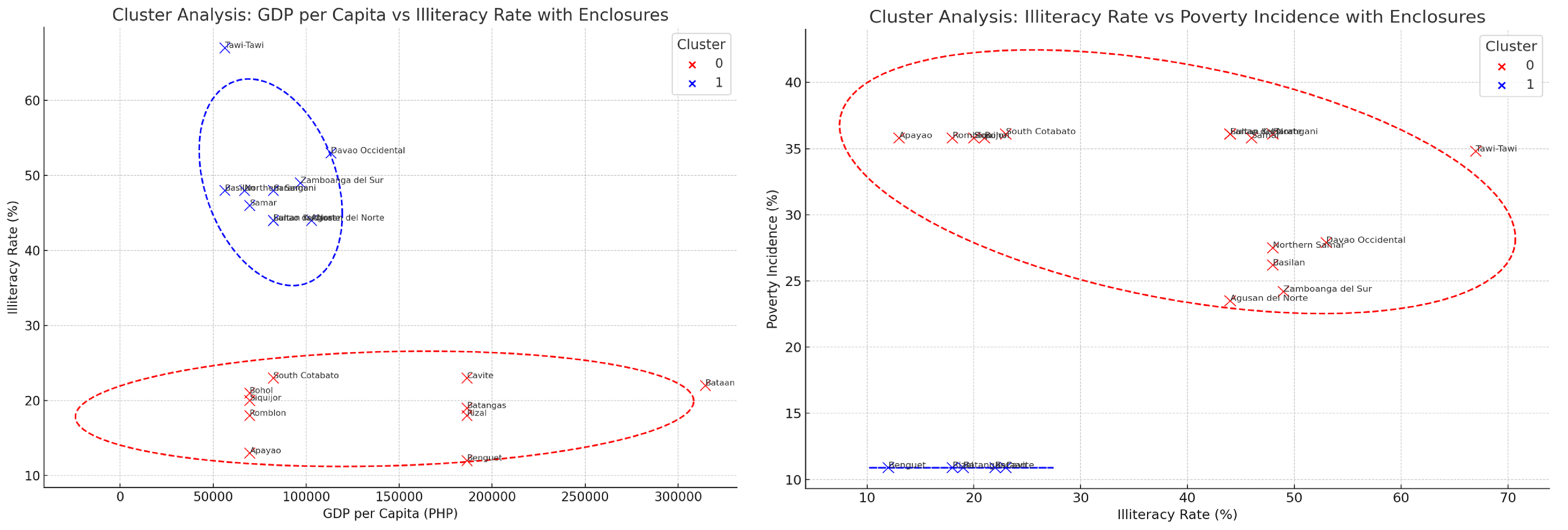
VI. The Intergenerational Trap: Uneducated Parents, Manipulated Voters, and a Captured Future
The education crisis is not confined to schools—it spreads across generations. A poorly educated adult is more likely to become a voter who does not understand the implications of their choices. These voters sustain a system of dependency and enable the survival of corrupt political dynasties. In turn, these leaders continue to weaken education, locking the cycle in place. This section highlights how a broken education system perpetuates a culture of ignorance, political dependency, and civic disempowerment.
Key Points:
❖ Parents Trapped by Poor Schooling:
- Many adult Filipinos:
- Were promoted despite poor comprehension
- Graduated without learning to think critically
- Were trained to memorize, not to question
- These parents:
- Struggle to support their children academically
- Are vulnerable to political propaganda and disinformation
- Depend on politicians for scholarships, aid, or jobs
❖ Vote Buying and Political Loyalty:
- With limited civic understanding, many voters:
- Base choices on cash handouts or personal favors
- Prioritize short-term gain over long-term policy impact
- Stay loyal to family dynasties out of economic fear
❖ Role of Education in Political Passivity:
- Schools rarely emphasize:
- Civic education
- Political literacy
- Teachers are told to remain “neutral,” which often means staying silent
- Universities avoid activism or critical positions due to budget threats
❖ Self-Reinforcing Cycle:
- Poor education → Uninformed citizens
- Uninformed citizens → Vote for corrupt leaders
- Corrupt leaders → Weaken education further
- Repeat
❖ Breaking the Cycle:
- Requires a national strategy to:
- Promote critical thinking from basic to tertiary levels
- Empower educators to teach civic awareness without fear
- Insulate academic governance from politics
- Reframe education as a tool for emancipation, not employment alone
VII. The Vicious Cycle of Ignorance and Power
The failure of education in the Philippines is not just persistent—it is strategic. Those in power benefit from keeping the public uninformed, politically passive, and economically dependent. This cycle sustains a governance system that rewards loyalty over merit, silence over accountability, and compliance over reform. This section unpacks how ignorance feeds power, and power perpetuates ignorance, in a closed loop.
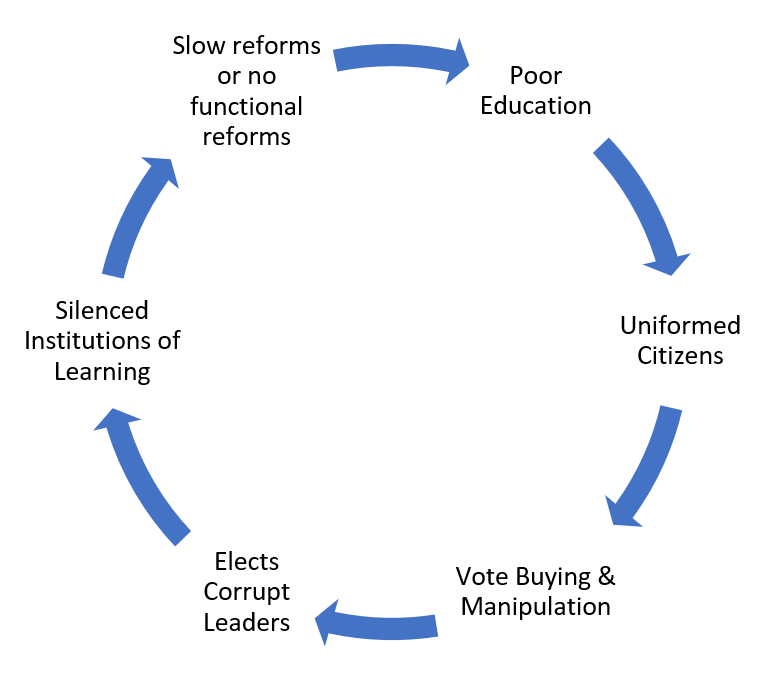
Key Points:
❖ The Cycle in Stages:
- Poor Education Quality
- Students pass without learning
- Teachers are overburdened and under-supported
- Licensure is based on memorization, not merit
- Uninformed Citizens
- Graduates lack civic awareness and critical reasoning
- Parents become dependent on political favors
- Vote Buying and Political Manipulation
- Politicians win elections using cash or loyalty schemes
- They avoid real platforms or policy debates
- Corrupt Political Leadership
- Public funds are misused or inserted into patronage-driven projects
- Education budgets and appointments are politicized
- Silenced Schools and Educators
- Institutional reform is stifled
- Academic voices are muted for fear of retaliation
- No Real Reform
- Weak leaders remain in power
- Universities decline in relevance and global standing
- New Generation, Same System
- The next batch of students enters the same broken schools
- The loop resets and deepens
❖ Strategic Reinforcement of the Cycle:
- Politicians rely on this system to stay in power
- Weak educational institutions produce uncritical voters
- Reforms are delayed or blocked to maintain the status quo
❖ Breaking the Cycle Requires:
- Independent, merit-based governance in education
- Restoration of academic freedom
- Redirecting public investment toward learning and civic consciousness
- Empowering educators to lead, critique, and innovate
VIII. Conclusion: Reclaiming Education for National Liberation and Intellectual Independence
The Philippine education system is no longer merely in crisis—it is under political capture. A sector meant to produce thinkers, innovators, and ethical leaders has been undermined by misgovernance and intellectual mediocrity. When honor students lack comprehension, licenses are given based on memorization, and university presidents are chosen for loyalty—not vision—education stops being transformative. We must liberate it from political control and restore its role in national enlightenment and collective progress.
Key Points:
❖ What Education Has Become
- Honors and licensure no longer reflect true competence
- Leadership is politicized, weakening direction
- Politicians use education for influence and image
- Educators are overworked and silenced
❖ The Academic Sector Must Be Free
- Institutions must be shielded from political interference
- Politicians with minimal qualifications should not dominate academe
- Academia should balance—not echo—government power
❖ What the Academe Should Be
- A space to challenge norms, foster critical thought, innovate, and shape culture
- A true training ground for ethical, capable future leaders
❖ Measuring Success
- Not by diplomas or board scores, but by the society we shape:
- Informed, empowered citizens
- Ethical professionals and engaged communities
❖ What Must Be Done
- Depoliticize SUCs and raise leadership standards
- Build transparent, credible licensure systems
- Prioritize faculty welfare, research, and academic freedom
- Reject shallow metrics and pursue real transformation
❖ Every Filipino Has a Role
- Teachers: Speak truth, not silence
- Parents: Demand depth, not just diplomas
- Students: Ask harder questions
- Citizens: Vote for those who value education
- Leaders: Rise by competence, not convenience
A Nation Rebuilt from the Classroom
Let our
classrooms ignite inquiry.
Let teachers reclaim their dignity.
Let universities rise with courage.
Let youth succeed through learning—not connections.
Let the academe be the mind of the republic, not a puppet of
politics.
Disclaimer; the data used in the report needs revisiting/validation.
